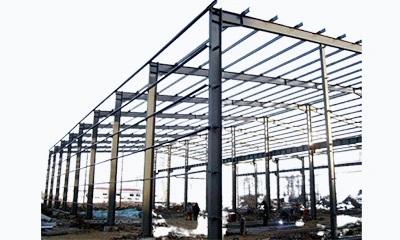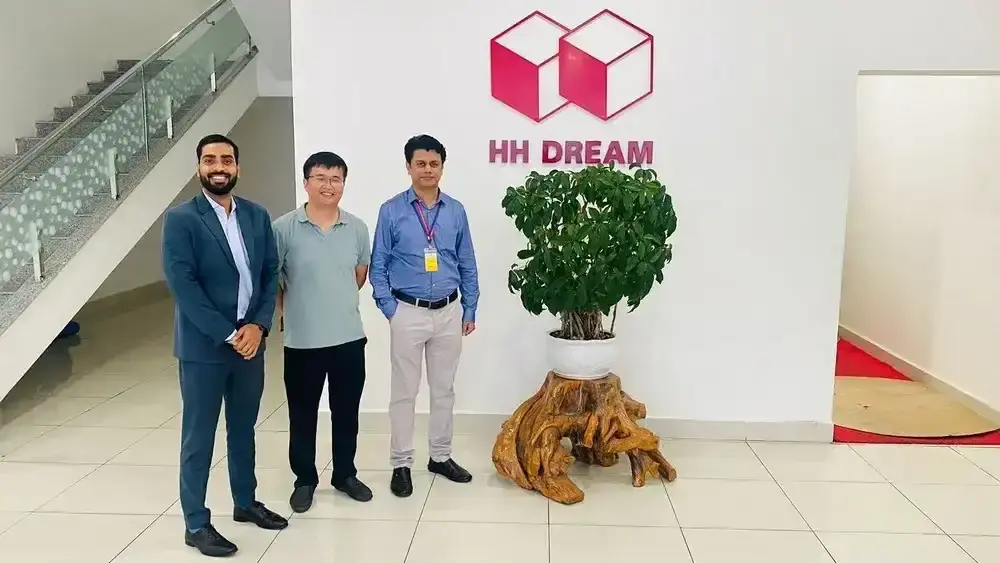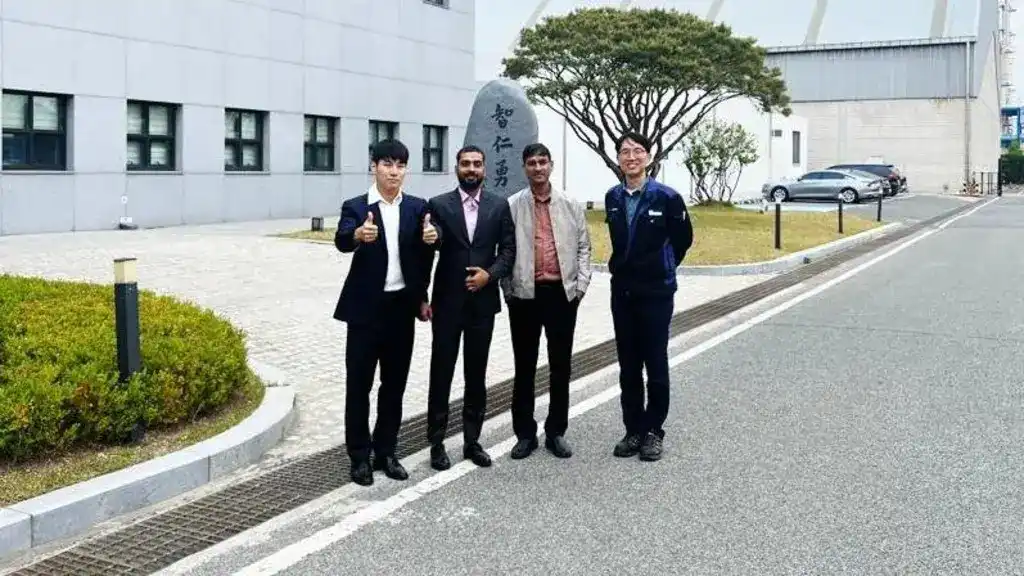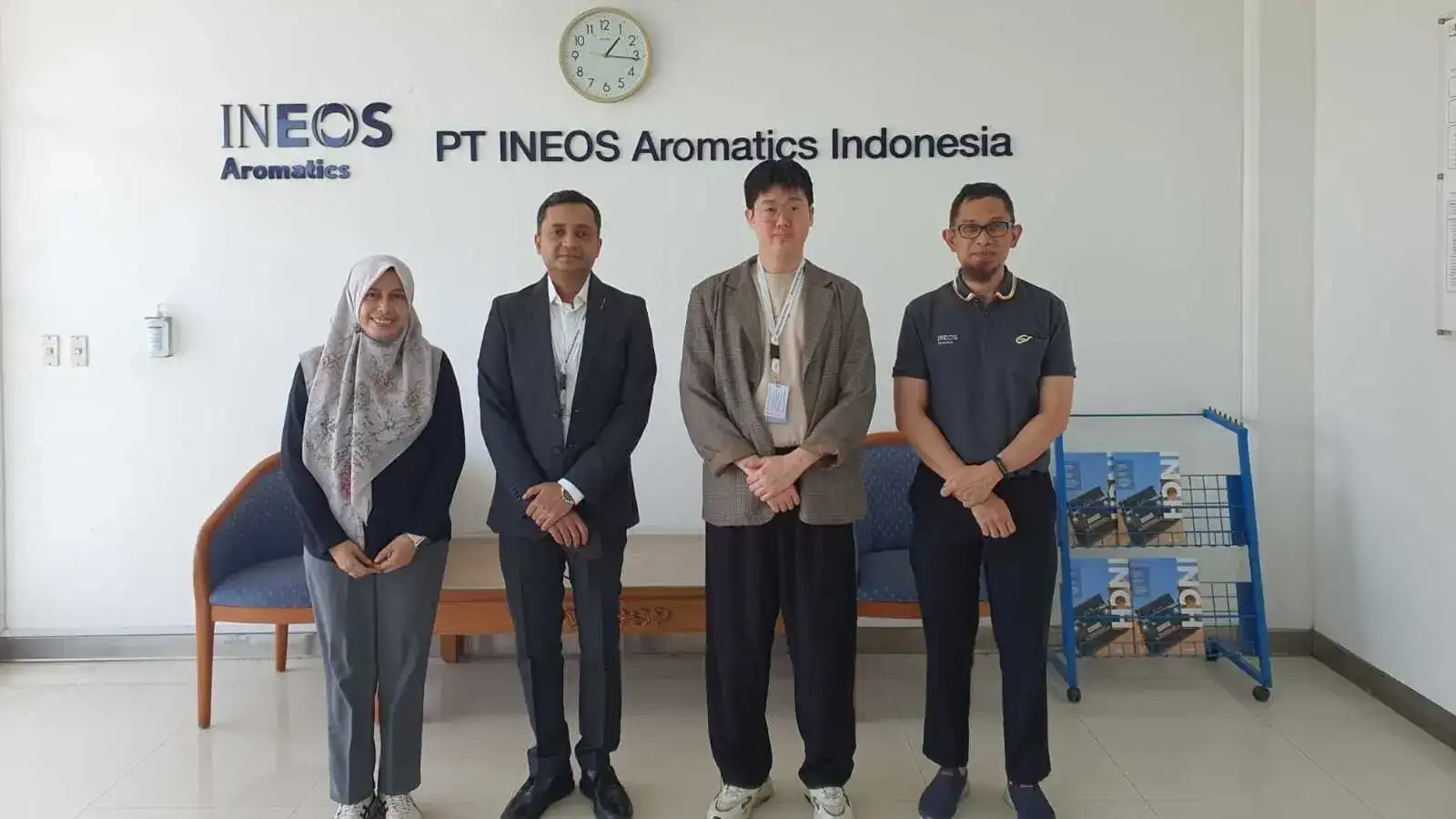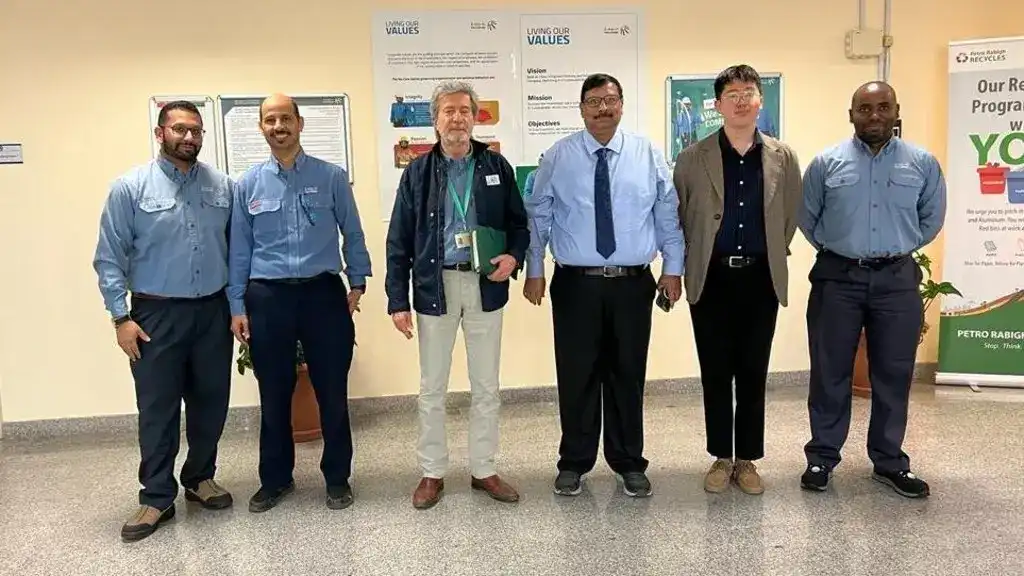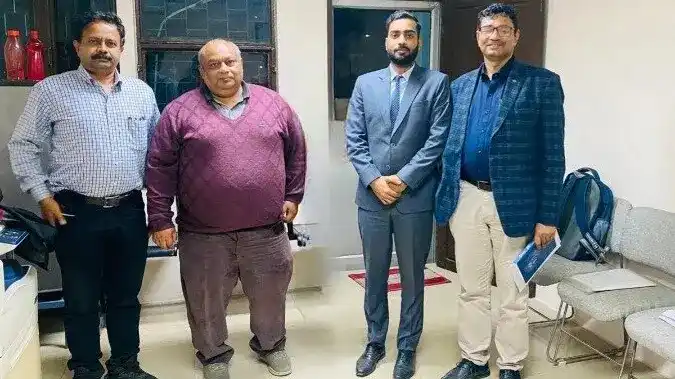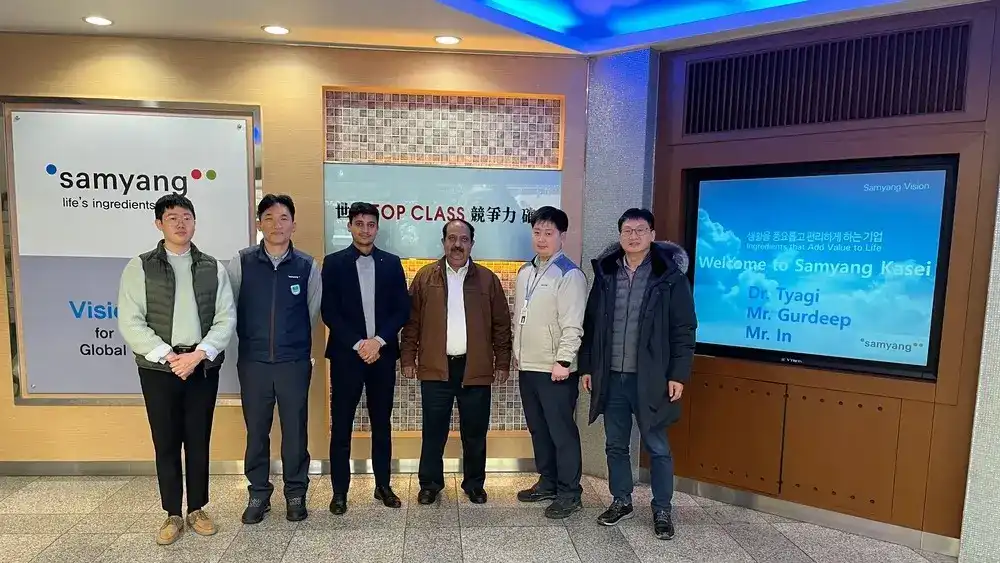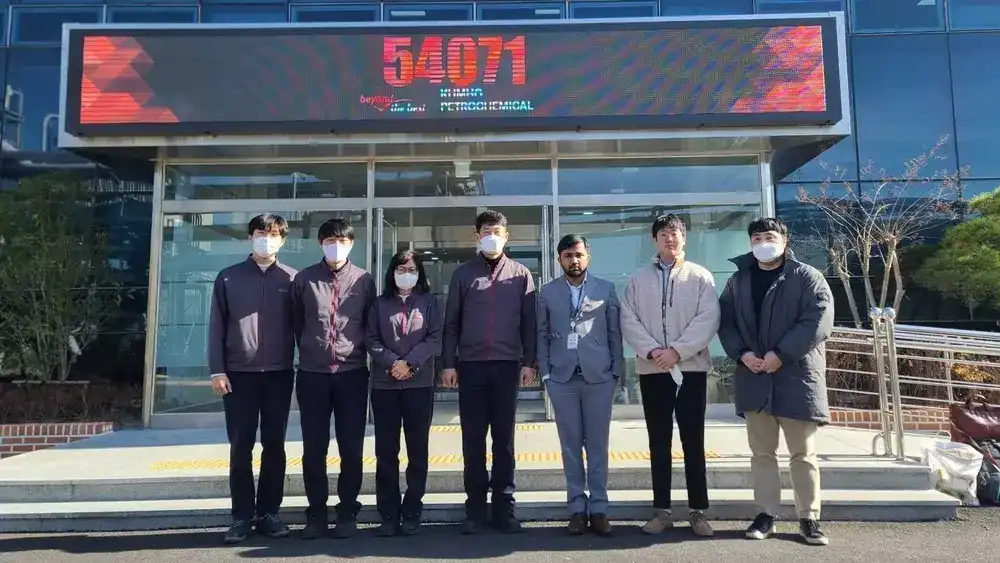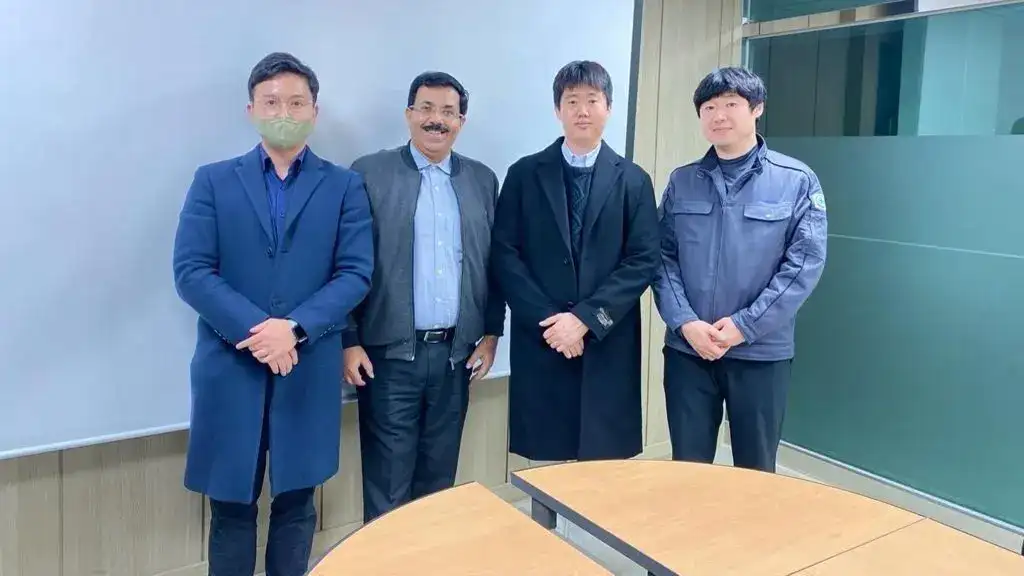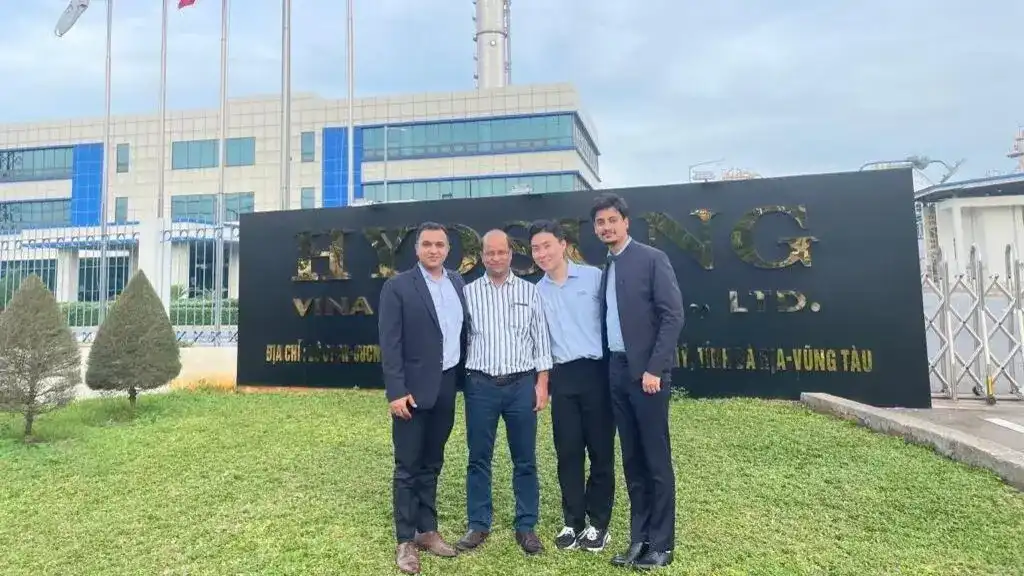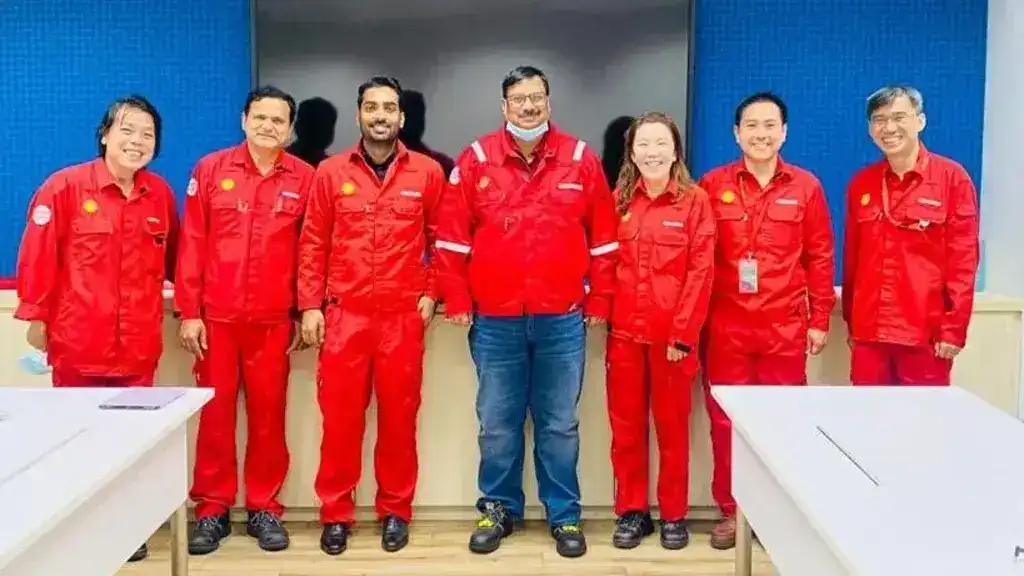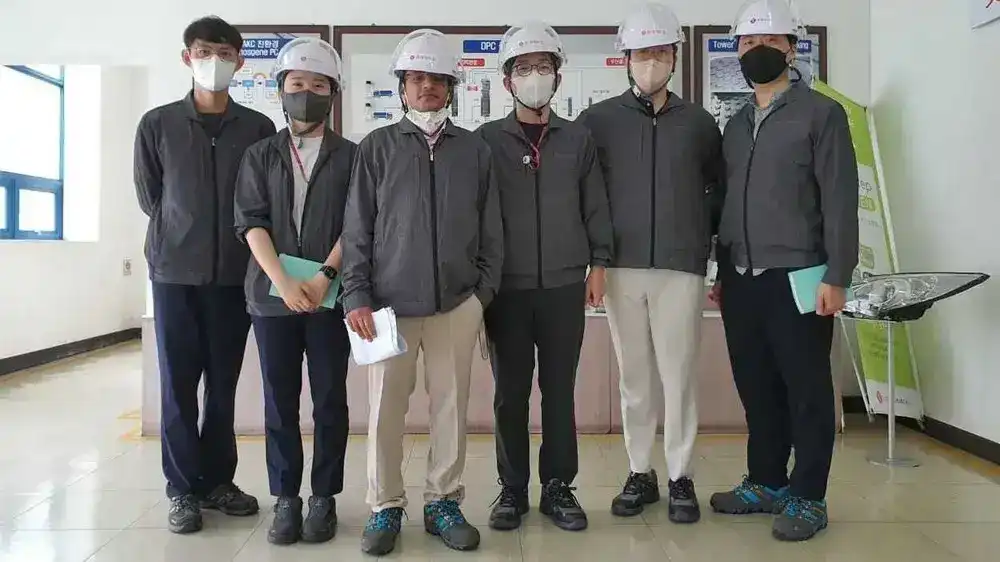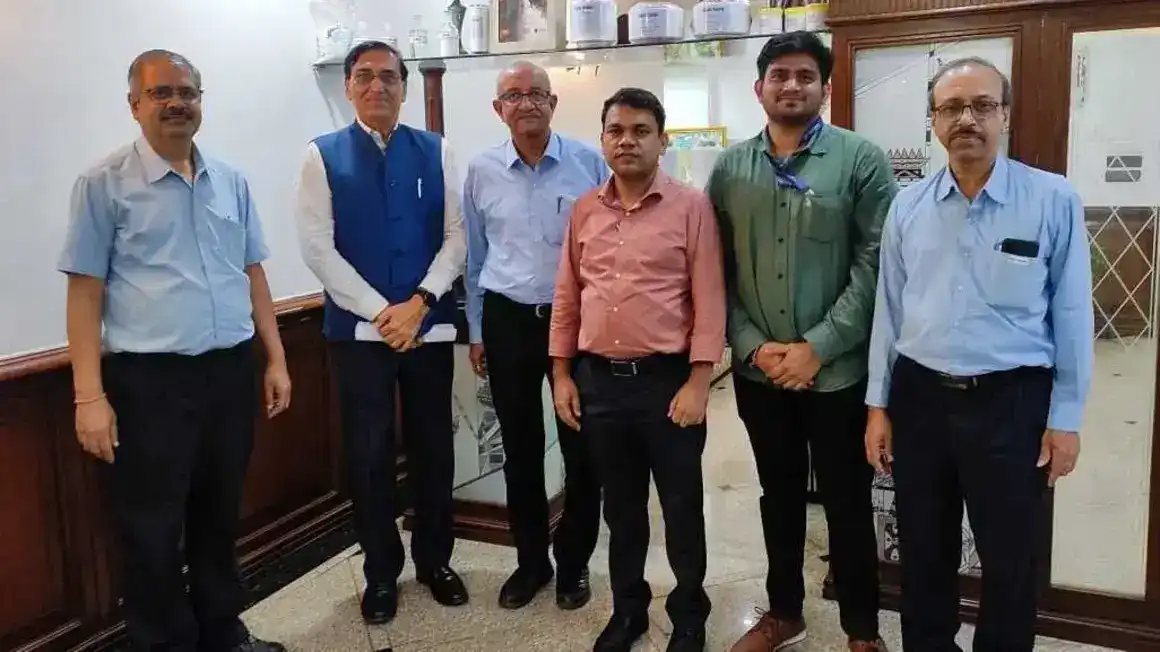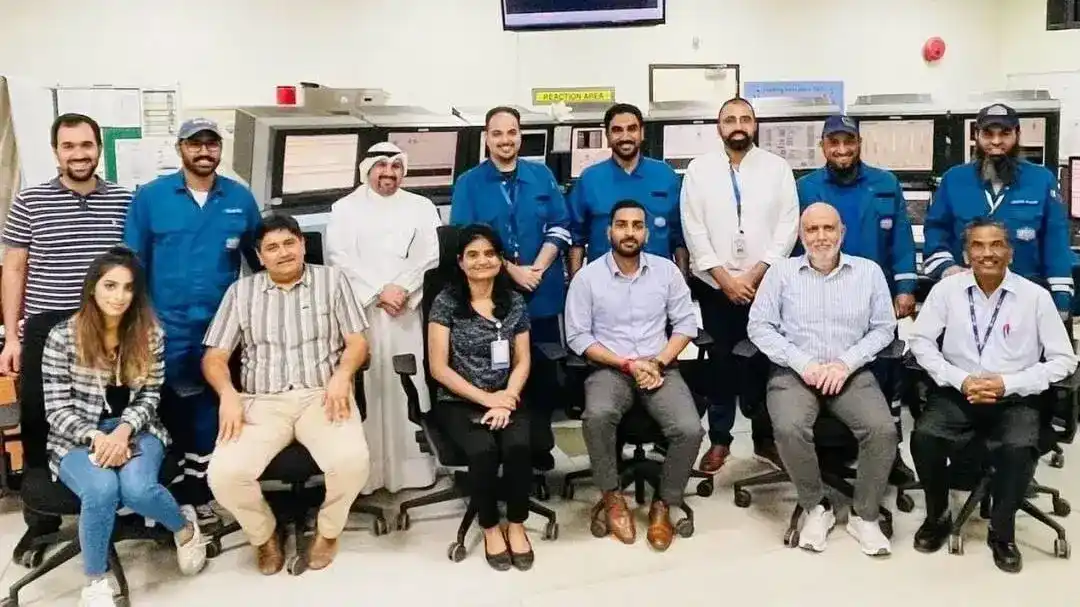BIS CERTIFICATION FOR STRUCTURAL STEELS
IS 15962:2012
In this competitive scenario, it isn't easy to survive in the market without a standard quality and certified product. BIS license may also be required to sell products in the Indian market.
To get BIS certification and produce a standard quality product, the manufacturer must ensure that their product must follow the specified Indian standard.
Let's take a closer look at IS 15962: 2012 for structural steels for buildings and structures with improved seismic resistance.
This standard specifies the requirements for steel plates, shapes and sections (angles, tees, beams, channels, and so on), flats, and bars for use in structural work for increased seismic resistance. These steels can be used in welded, bolted, and riveted structures. IS 8910 specifies the general requirements for the supply of structural steel.
The processes used in steel production and subsequent hot rolling into steel plates, sections, flats, bars, and so on are left to the manufacturer's discretion. All finished steel must be well and cleanly rolled to the specified dimensions, sections, and masses. Surface flaws, laminations, rough/jagged and imperfect edges, and all other harmful defects must be reasonably absent from the finished material. The chemical composition must adhere to specified standards.
TESTS
The following test shall be carried out in accordance with the method specified.
- Tensile test
- Impact test
- Other tests
- Dimension & Tolerance
Marking:
Except for round, square, and hexagonal bars and flats, each product must have a tag or be marked with the manufacturer's name or trademark. Bars and flats must be labelled with the manufacturer's name or trademark. Steel designation should be similarly marked on the product or tag. The cast number must be stamped on every heavy, medium structural mill, and plate mill product. Plates made from a coil-formed strip must be marked with a cast/heat number on the top plate of each pile/packet. The Standard Mark (ISI Mark) may also be applied to the material. The Manufacturer must obtain a BIS license from the Bureau of Indian Standards to use a standard mark (ISI Mark). The Bureau grants a license based on a successful assessment of manufacturing infrastructure, production process, and quality control and testing capabilities during a visit to its manufacturing premises.
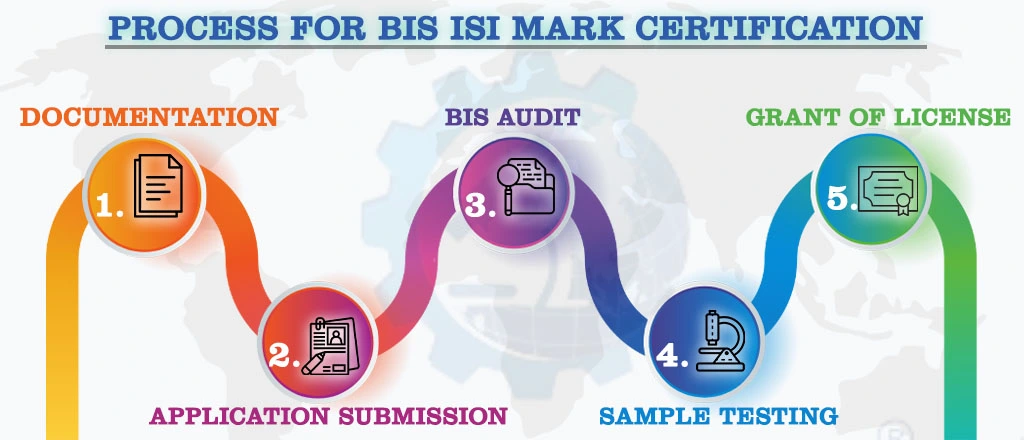
NOTE:
For Detailed Information about the Procedure for BIS ISI Certification
Visit :
• ISI Mark Certification for Domestic Manufacturers• ISI Mark Certification for Foreign Manufacturers
Conclusion:
If a product falls under the scope of the BIS Conformity Assessment Scheme, All the manufacturers, importers, and foreign entities must obtain BIS ISI Certification. The Bureau may cancel the License if the product fails to meet certification requirements.
Aleph INDIA has been serving the industry as a single-window operator for all product regulatory compliance. We can assist importers or manufacturers in meeting all criteria for importing or selling a product in the Indian market.
Know more about certification process, Request a callback Click here
International Audits & Participation
BIS REGISTRATION FOR ELECTRONIC & IT PRODUCT
In the era of globalization, world trade is growing rapidly and henceforth, Manufacturing and Import/Export businesses are also growing drastically...View More
BIS CERTIFICATE FOR FOREIGN MANUFACTURER
The Economy of India-the fastest developing economy on the globe with the capabilities that help it matches up with the biggest international...View More
PRODUCT CERTIFICATION SCHEME (ISI MARK) FOR DOMESTIC MANUFACTURERS
Anything a person buys from food to cars, clothes to electronics, branded to unnamed products there is always a question that wanders in one’s...View More
BIS HALLMARKING
A hallmark is an official mark or sequence of marks stamped on metal products, usually to confirm the number of noble metals like platinum, gold...View More
WIRELESS PLANNING AND COORDINATION (WPC)
WPC: Wireless means communication done from one point to another point without the wires and cables. Electromagnetic waves carry the ...View More
BUREAU OF ENERGY EFFICIENCY (BEE) CERTIFICATE
BEE CERTIFICATE: Energy is the future, and its conservation is the way of the bright future. Everyone claims the environment is important...View More
E-WASTE MANAGEMENT
E-waste is one of the world's fastest-growing trash streams. We currently manufacture almost 50 million tones of it each year...View More
Request a call back.
Would you like to speak to one of our Senior Technical advisers over the phone? Just submit your details and we’ll be in touch shortly. You can also email us if you would prefer.
BIS REGISTRATION FOR ELECTRONIC & IT PRODUCT
In the era of globalization, world trade is growing rapidly and henceforth, Manufacturing and Import/Export businesses are also growing drastically...View More
BIS CERTIFICATE FOR FOREIGN MANUFACTURER
The Economy of India-the fastest developing economy on the globe with the capabilities that help it matches up with the biggest international...View More
PRODUCT CERTIFICATION SCHEME (ISI MARK) FOR DOMESTIC MANUFACTURERS
Anything a person buys from food to cars, clothes to electronics, branded to unnamed products there is always a question that wanders in one’s...View More
BIS HALLMARKING
A hallmark is an official mark or sequence of marks stamped on metal products, usually to confirm the number of noble metals like platinum, gold...View More
WIRELESS PLANNING AND COORDINATION (WPC)
WPC: Wireless means communication done from one point to another point without the wires and cables. Electromagnetic waves carry the ...View More
BUREAU OF ENERGY EFFICIENCY (BEE) CERTIFICATE
BEE CERTIFICATE: Energy is the future, and its conservation is the way of the bright future. Everyone claims the environment is important...View More
E-WASTE MANAGEMENT
E-waste is one of the world's fastest-growing trash streams. We currently manufacture almost 50 million tones of it each year...View More
View All Services
Request a call back.
Would you like to speak to one of our Senior Technical advisers over the phone? Just submit your details and we’ll be in touch shortly. You can also email us if you would prefer.


